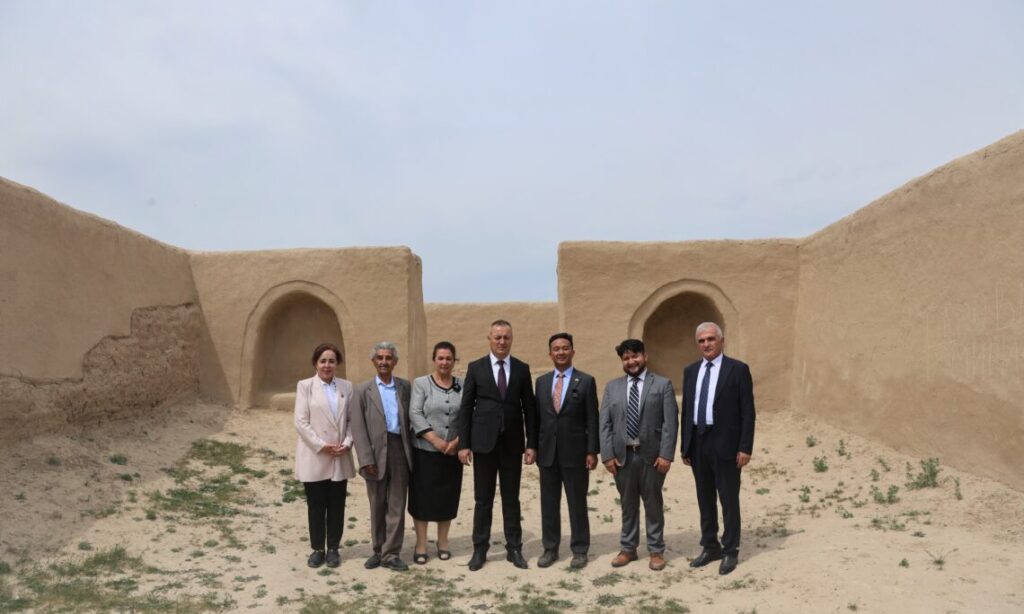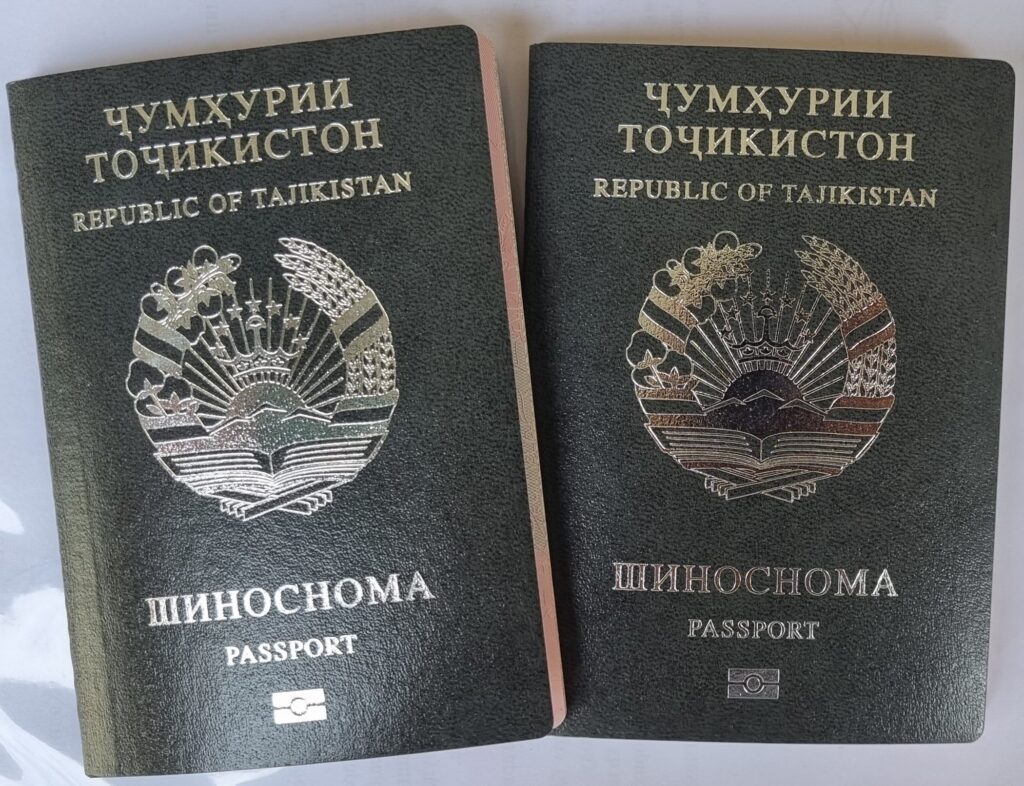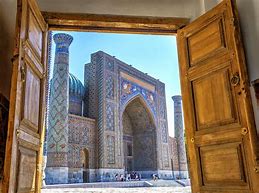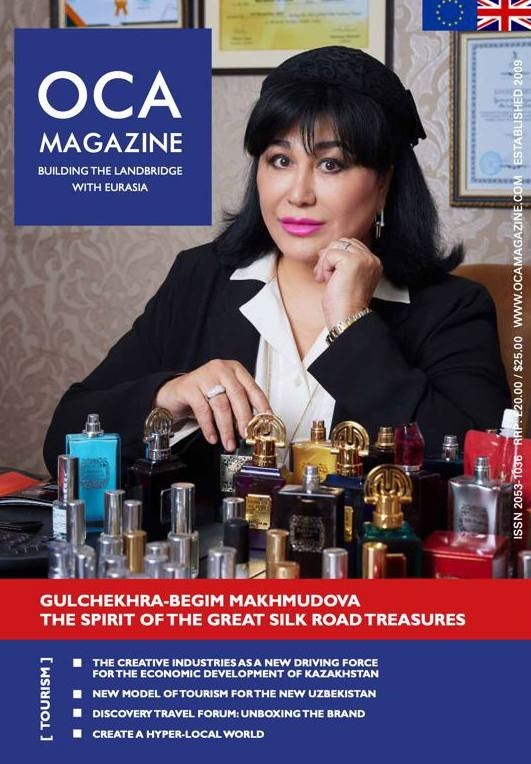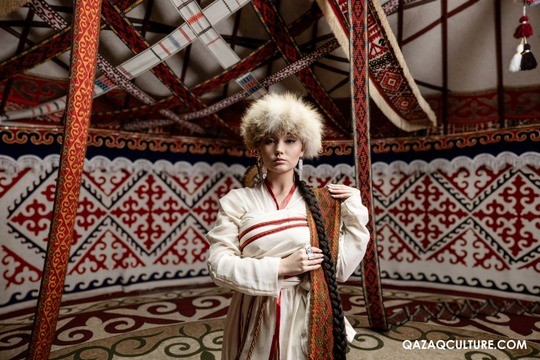The sole English-language magazine dedicated to Central Asia and the CIS region, since 2009 OCA Magazine has been promoting diplomatic relationships and international partnerships between Eurasia and the global community. With a list of contributors which includes heads of state, ambassadors, ministers, celebrities, academicians, business-people, and others, in 2024 the magazine will celebrate its fifteenth anniversary with both new and special editions, as well as international events bringing together readers, contributors, and partners of the publication. A special issue, OCA: Creative Industries & Tourism Expertise, has already been published as part of the celebrations, which includes articles about the best tourist experiences, modern projects, and key challenges in the creative economies of Uzbekistan, Kazakhstan, Kyrgyzstan, Belarus, and more. Written by experts from the U.K., Spain, Russia, and others, the first edition was presented during the OCA Zoom International Conference on “Sustainable Development of the Creative Economy: A New Model for Tourism in Central Asia." This conference brought together experts to discuss current issues and trends in tourism development resulting from the volatile global situation. During the session, new opportunities for Eurasian tourism were explored, with Gulchekhra-begim Makhmudova proposing the creation of an edutainment park called SILKROADLAND, and suggesting that video content based on her children's books about the legends of the Great Silk Road should be produced. Makhmudova noted that while many are familiar with Western cartoon characters, there is a great opportunity to showcase the unique and diverse culture of Central Asia through animation. Gregory Schafer discussed sustainable cultural tourism and its management, highlighting the significance of preserving cultural authenticity, promoting eco-friendly practices, and exploring gastro-tourism. Irina Kharitonova, meanwhile, addressed the topic of developing the creative economy and related industries, noting that some may not be familiar with terms such as "creative tourism," and the need to promote better understanding. Artem Klykov, a professor at Silk Road University and SWISS University, highlighted the significance of human capital as the basis for sustainable tourism and the creative economy. "Increasing the competitiveness of tourism requires effective management of human capital," Klykov stated. Despite the business-oriented nature of the conference, there was still an opportunity for celebration. Marat Akhmedjanov, the founder of Silk Road Media (U.K.) and publisher of OCA Magazine, congratulated everyone on the fifteenth anniversary and expressed his gratitude to all of the participants. Later this year, the magazine will see several more special issues and related conferences, such as the 4th OCA Magazine: Education (an opportunity for universities, experts and media representatives to promote education and research opportunities inside the region and abroad), the 5th OCA Magazine: People (featuring 40 interviews with outstanding creative people from Eurasia), the 4th OCA Magazine: North America Edition (a special edition observing the wide range of issues related to Central Asia, the CIS, the U.S. and Canada), and the 1st OCA Magazine: Real Estate (a new opportunity for international investors). The year's activities will culminate with the OCA Dialogue Forum, “New Dimensions of International Investment Attractiveness of Eurasia. Global ReFace,” which is scheduled...



